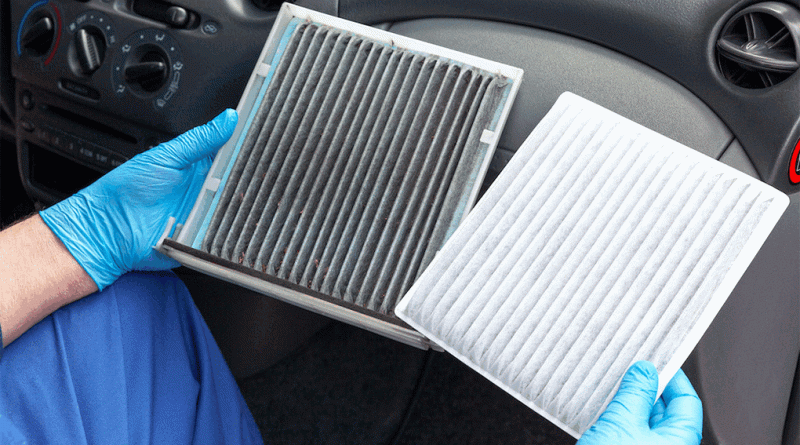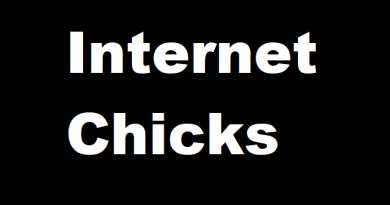Breathing Easy: The Hidden Dangers of Dirty Filters and How to Keep Your Indoor Air Fresh
Introduction
Maintaining a clean environment within our homes goes beyond just keeping the floors tidy or wiping down surfaces. Often overlooked but crucial for indoor air quality are the filters within our heating, ventilation, and air conditioning (HVAC) systems. Dirty filters can have significant consequences, affecting both the air we breathe and the efficiency of our HVAC systems.
Understanding Dirty Filters
Before delving into the implications of dirty filters, it’s essential to understand why and how they become dirty in the first place. Filters trap dust, pollen, pet dander, and other airborne particles as air circulates through the HVAC system. Over time, these particles accumulate, causing the filter to become clogged and less effective. Signs of dirty filters include decreased airflow, visible dust buildup, and an increase in allergens circulating throughout your home.
Impact of Dirty Filters on Air Quality
The presence of dirty filters can lead to indoor air pollution, compromising the quality of the air we breathe. Poor indoor air quality can exacerbate respiratory issues, trigger allergies, and contribute to overall discomfort and health concerns. With pollutants trapped inside, the air circulated by the HVAC system may contain higher concentrations of harmful particles, posing risks to occupants, especially those with pre-existing respiratory conditions.
Efficiency and Performance Issues
Dirty filters not only impact air quality but also hinder the efficiency and performance of HVAC systems. As airflow becomes restricted due to the buildup of debris, the system must work harder to maintain desired temperatures, resulting in increased energy consumption. Additionally, the strain placed on the system can lead to premature wear and tear, potentially leading to costly repairs or even system failure.
Preventive Maintenance Tips
To mitigate the negative effects of dirty filters, proactive measures must be taken. Regularly inspecting and replacing filters is paramount to ensuring optimal performance and air quality. Depending on the type of filter and environmental factors, some may require cleaning rather than replacement. However, when in doubt, it’s best to err on the side of caution and replace the filter according to manufacturer recommendations. Professional HVAC maintenance services can also provide thorough inspections and cleaning to keep systems running smoothly.
Benefits of Clean Filters
The benefits of maintaining clean filters extend beyond improved air quality. By ensuring proper airflow and filtration, clean filters promote a healthier indoor environment and prolong the lifespan of HVAC systems. Additionally, with improved efficiency, homeowners can enjoy reduced energy bills and lower maintenance costs over time.
Conclusion
In conclusion, the importance of clean filters cannot be overstated when it comes to maintaining a healthy indoor environment and optimizing HVAC system performance. Regular maintenance and filter replacements are simple yet effective ways to ensure clean air and efficient operation. By prioritizing filter cleanliness, homeowners can breathe easier and enjoy the benefits of a well-functioning HVAC system.
FAQs
How often should I replace my HVAC filters?
HVAC filters should typically be replaced every 1 to 3 months, depending on factors such as filter type, household size, and environmental conditions.
Can dirty filters affect my energy bills?
Yes, dirty filters can lead to increased energy consumption as HVAC systems must work harder to maintain desired temperatures.
Are there different types of HVAC filters available?
Yes, HVAC filters come in various types, including fiberglass, pleated, and high-efficiency particulate air (HEPA) filters, each offering different levels of filtration and efficiency.
Can dirty filters worsen allergies or respiratory conditions?
Yes, dirty filters can worsen indoor air quality, potentially exacerbating allergies and respiratory issues by circulating pollutants and allergens throughout the home.
How can I tell if my filter needs to be replaced?
Signs of a dirty filter include decreased airflow, visible dust buildup, and an increase in allergens or odors within the home.


